Believe in yourselves, dream big, and soar high because the truth is, for the potential of both men and women, the sky is the limit! On November 8, a joint conference of the United Nat...
If the growth of your company is not proportional to the growth of the result, If synergy is not created in the team, they do not talk about their mistakes and do not share their experiences....
A majority of the population wants the country to gain candidate status for EU membership, although only half the country hopes this will happen this year. Desire and hope ...
Changes in consumer needs and the business environment, as well as the rapid development of the digital environment, have revolutionized our economic and social activities in recent years. Ne...
I really love to travel, I try to visit a new country at every opportunity, for the last four or five years all the stories of my vacation abroad are connected with Germany, the reason is my friends w...
The complexity, ambiguity and rapid change of the modern world are the biggest challenges for both individuals and organizations. Each of us feels the difficulties of adapting to change on our shoulde...
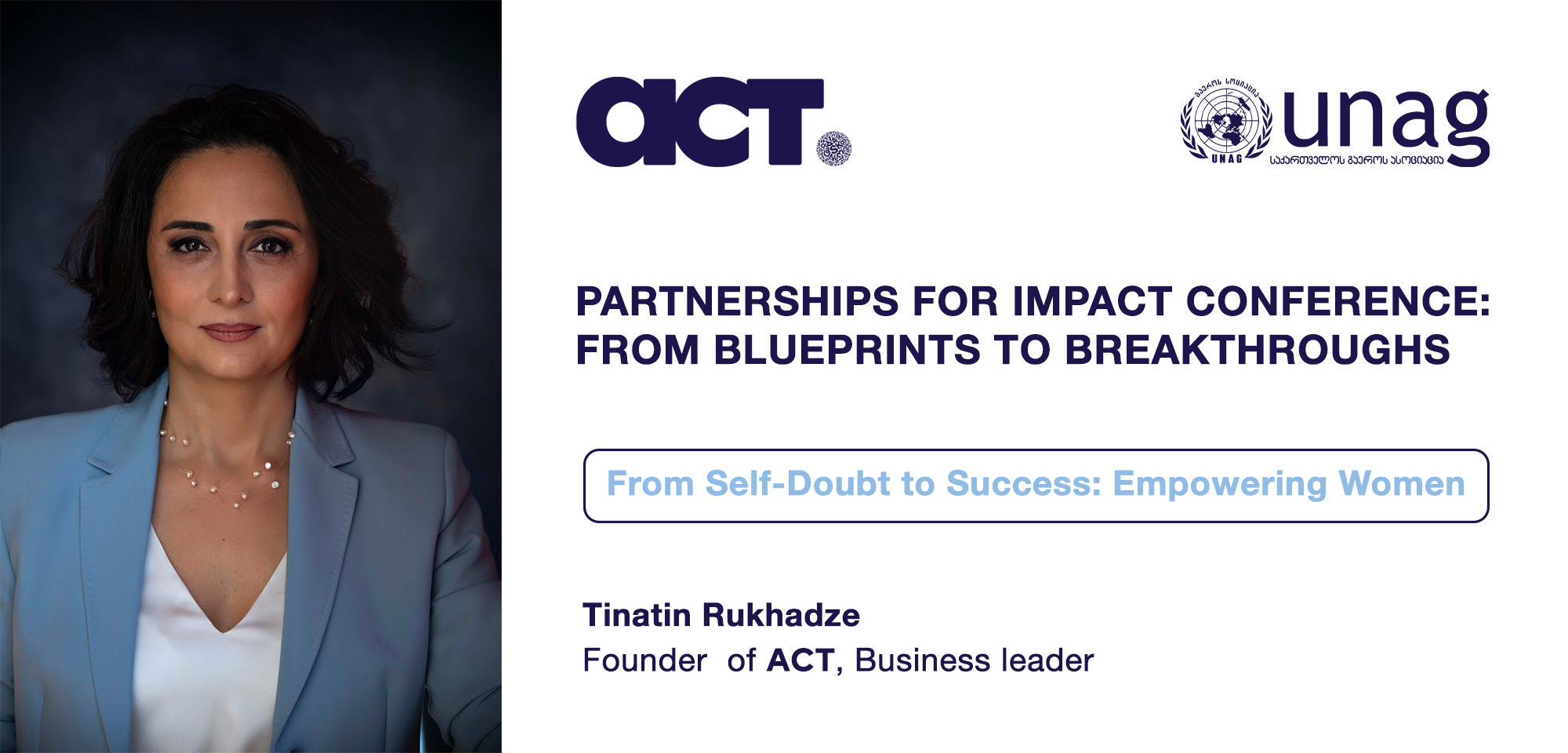
 17 november, 2023
17 november, 2023
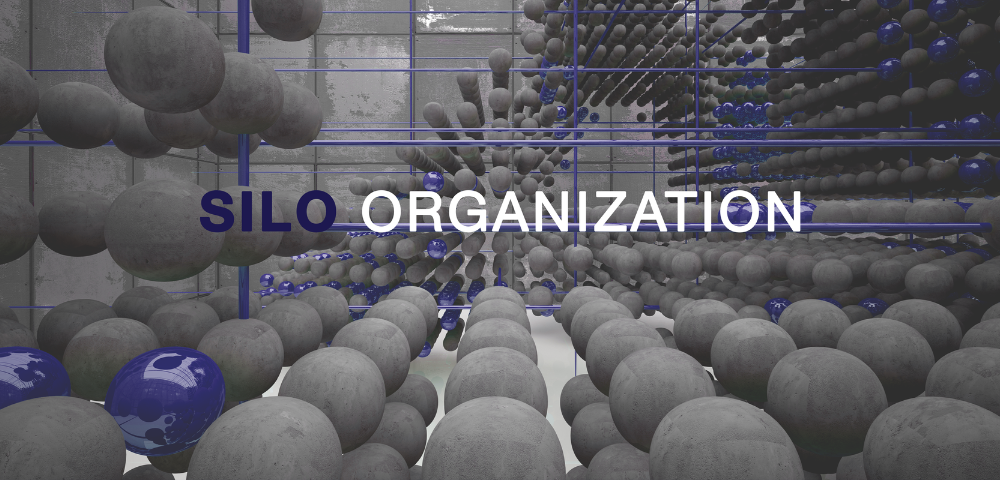
 13 november, 2023
13 november, 2023

 7 november, 2023
7 november, 2023
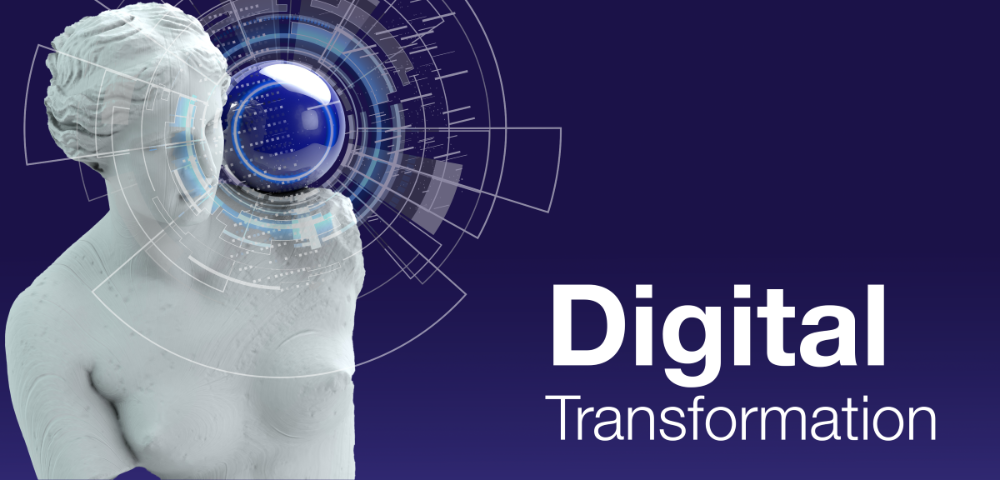
 18 september, 2023
18 september, 2023
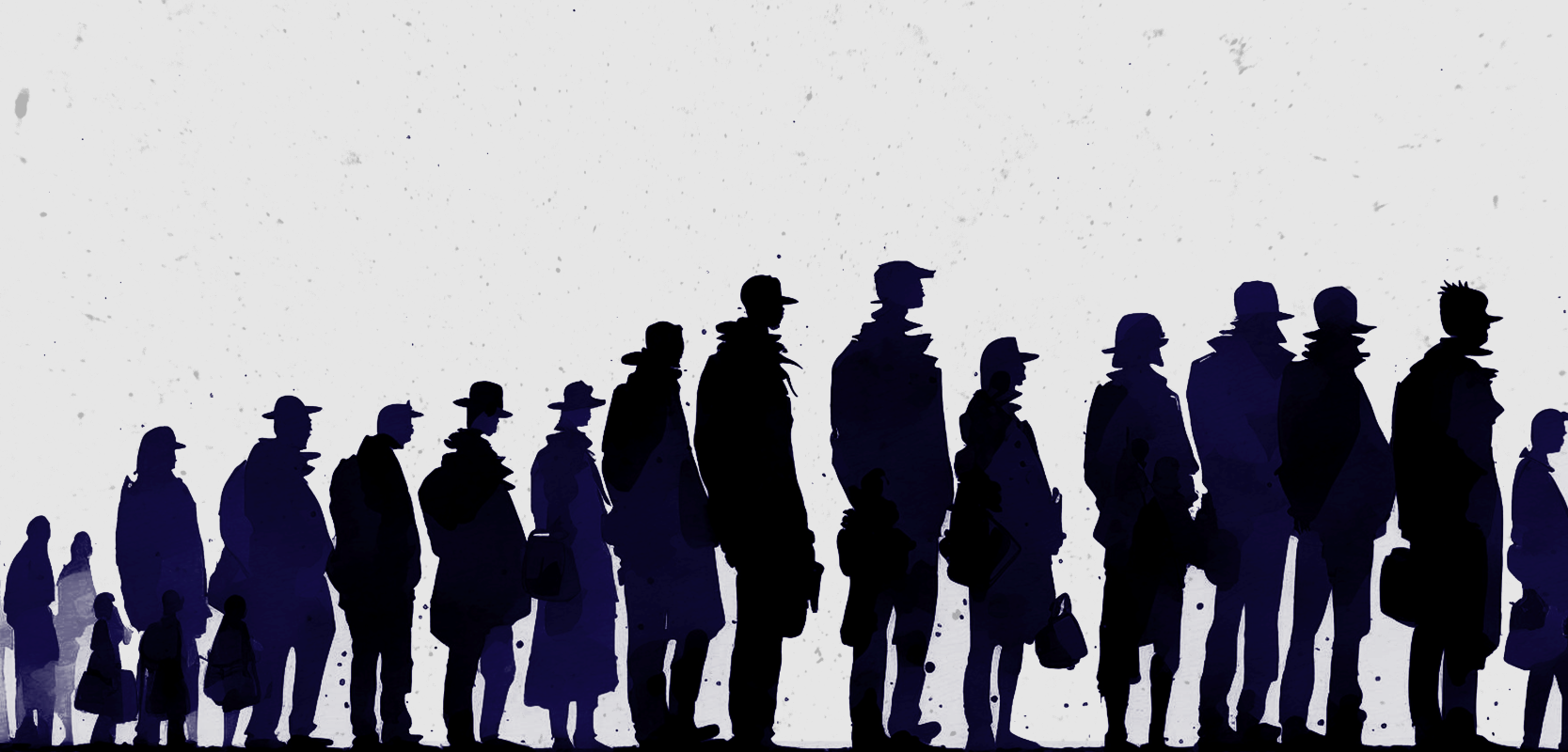
 21 august, 2023
21 august, 2023
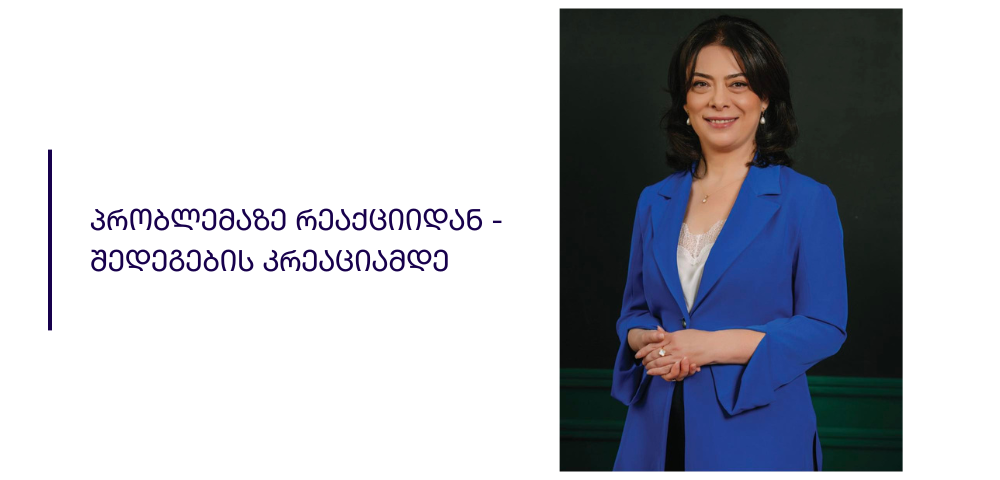
 27 june, 2023
27 june, 2023